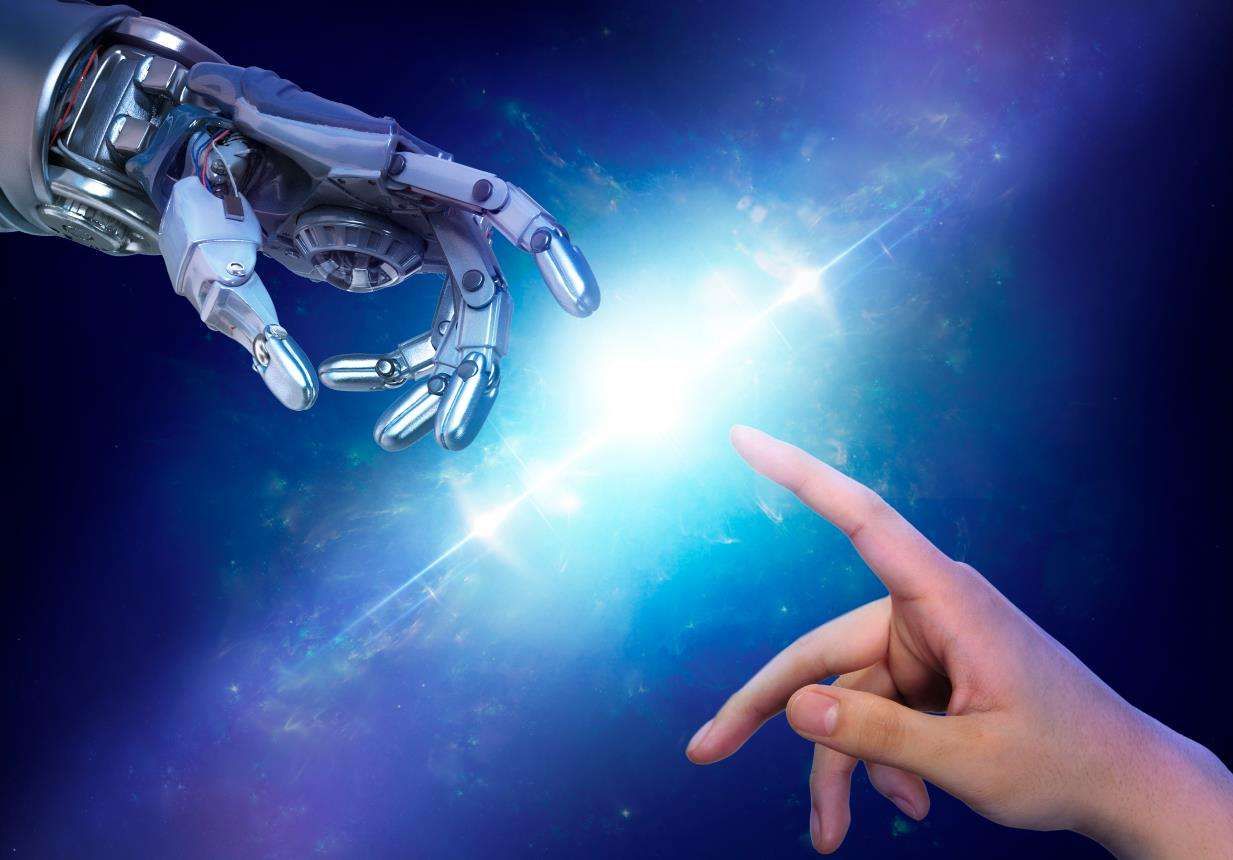Artificial Intelligence Ethics: The Ethical Compass In The Development Of Technology
Artificial Intelligence Ethics: The Ethical Compass In The Development Of Technology
Artificial intelligence is changing our lives at an unprecedented rate. From smartphones to autonomous cars, from smart speakers to medical diagnostic systems, AI technology has penetrated every aspect of society. However, with the rapid development of AI, a series of ethical problems have also emerged. Privacy leakage, algorithmic bias, employment shocks, and even threats to human existence have triggered widespread discussions from all walks of life. The ethics of artificial intelligence have become an important issue that cannot be ignored in the development of science and technology.The core of artificial intelligence ethics lies in balancing technological innovation and social responsibility. The application of AI technology is not only related to efficiency and convenience, but also to the fairness and justice of human society. Without a perfect ethical framework, AI may become a tool for a few people to make profits, and may even have immeasurable negative impacts on society.The complexity of these challenges suggests that AI ethics requires joint efforts from multiple parties, including governments, enterprises, scientific research institutions and the public
Artificial intelligence is changing our lives at an unprecedented rate. From smartphones to autonomous cars, from smart speakers to medical diagnostic systems, AI technology has penetrated every aspect of society. However, with the rapid development of AI, a series of ethical problems have also emerged. Privacy leakage, algorithmic bias, employment shocks, and even threats to human existence have triggered widespread discussions from all walks of life. The ethics of artificial intelligence have become an important issue that cannot be ignored in the development of science and technology.
1. The importance of artificial intelligence ethics
The core of artificial intelligence ethics lies in balancing technological innovation and social responsibility. The application of AI technology is not only related to efficiency and convenience, but also to the fairness and justice of human society. Without a perfect ethical framework, AI may become a tool for a few people to make profits, and may even have immeasurable negative impacts on society.
- Privacy protection: AI technology requires a lot of data support, and this data often involves personal privacy. How to protect user privacy while utilizing data is an urgent issue to be solved.
- Algorithm fairness: AI systems may inherit biases in training data, leading to discriminatory decision-making. For example, AI may treat certain groups unfairly in recruitment or loan approval.
- Human Dignity: With the widespread application of AI in medical care, education and other fields, how to ensure the dominant position and dignity of human beings is also a question worth pondering.
The existence of these problems shows that the development of artificial intelligence cannot only pursue technological progress, but also consider its impact on society and mankind.
2. Challenges of artificial intelligence ethics
At present, artificial intelligence ethics face multiple challenges. The contradiction between the rapid development of technology and the lag of regulations makes many problems difficult to solve in a timely manner.
- Risk of technological out-of-control: The autonomy of AI systems is getting higher and higher. Once out of control occurs, it may cause disastrous consequences to human society. For example, misjudgment of self-driving cars can lead to serious accidents.
- Employment shock: The application of AI technology is replacing many traditional jobs, leading to increasingly serious unemployment problems. How to properly respond to this challenge is a complex social governance issue.
- Cross-border coordination puzzle: Artificial intelligence is a global technology, but there are differences in cultural values and legal systems in different countries and regions. How to reach a consensus globally is a huge challenge.
The complexity of these challenges suggests that AI ethics requires joint efforts from multiple parties, including governments, enterprises, scientific research institutions and the public.
3. Build an ethical framework for artificial intelligence
In order to meet these challenges, it is imperative to build a complete AI ethical framework. This framework needs to take into account both technical feasibility and social acceptance, providing clear guiding principles for the development of AI.
- People-oriented: The ultimate goal of AI technology is to serve humans, not replace humans. In any application scenario, human interests and well-being should be given priority.
- Transparent and explainable: The decision-making process of AI systems should be transparent to ensure that users can understand how it works. This is crucial to building user trust.
- Fairness and Inclusion: The application of AI technology should avoid any form of discrimination and prejudice, ensuring that everyone can benefit equally.
- Responsibility and Accountability: When problems arise in AI systems, the responsibility must be clearly defined and corresponding remedial measures must be taken.
These principles provide basic guidelines for the development of artificial intelligence and help find a balance between technological progress and social responsibility.
4. Future prospects of artificial intelligence ethics
The construction of artificial intelligence ethics is a long-term and complex process. With the continuous development of technology, new problems and challenges will continue to emerge. Therefore, we need to maintain an open and inclusive attitude and continuously improve and perfect the AI ethical framework.
- International Cooperation: Artificial intelligence is a global technology that requires all countries to participate in governance. Through cross-border cooperation, unified ethical standards can be formulated to avoid technological abuse.
- Public Participation: Artificial Intelligence Ethics is not just an expert’s business, but the general public should also have the opportunity to participate in discussions and decision-making. Through education and advocacy, public awareness and participation can be increased.
- Dynamic adjustment: With the advancement of technology and changes in social needs, the AI ethical framework also needs to be continuously updated and improved. This is a sustainable process.
The future of artificial intelligence depends on how we deal with its ethical issues. Only by finding a balance between technological innovation and social responsibility can artificial intelligence truly become the force that promotes human progress.
In this era of rapid development of science and technology, artificial intelligence ethics is not only the compass for technological development, but also the cornerstone of the progress of human civilization. We need to treat this technology responsibly and ensure that its development always moves in a direction that is beneficial to humanity. Only in this way can artificial intelligence truly benefit all mankind and create a better future.





